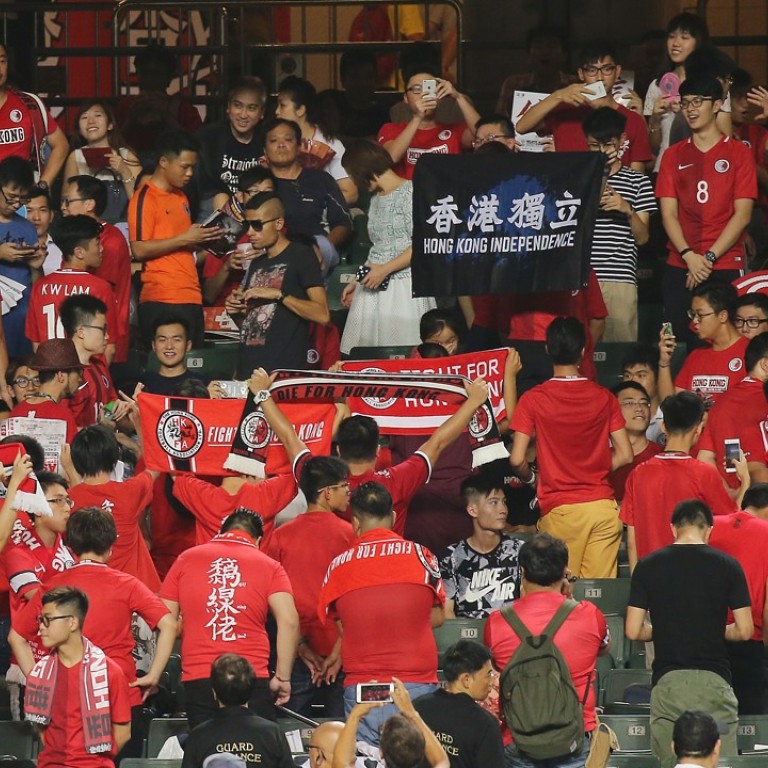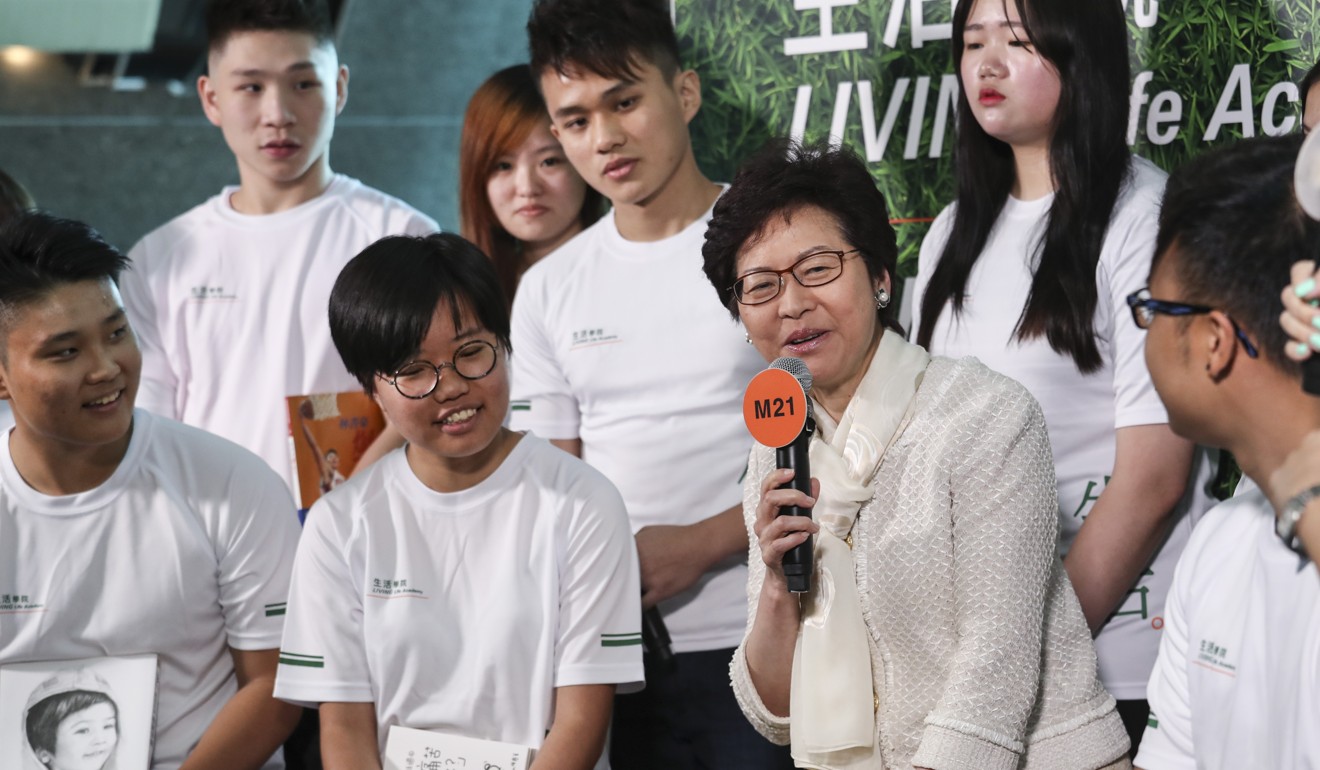
Hong Kong’s youth must stop demonising China to have a brighter future
Nixie Lam says prejudice towards mainland China and turning a blind eye to its phenomenal growth are self-defeating for the younger generation in Hong Kong, when they can gain so much from the special connection
The world has witnessed the rapid development of China in the past decades, and many claim they do not understand why Hong Kong youngsters are choosing to simply turn a blind eye to these achievements.
Being in Hong Kong, you are naturally signed up to live with two sets of very different – even polarised – expectations.
Graduating students are expected to start earning for the family right away
However, many complain of facing unexpected challenges from parents, and even recruiters, upon their return, as this outward move is often interpreted as irresponsible, with society expecting graduating students to start earning for the family right away.
There are no boundaries to expression, no matter how peculiar. No wonder it is hard for them to accept reality sometimes.
Newly elected pro-democracy lawmakers cause a stir
Oath-taking antics: The acts that got six Hong Kong lawmakers disqualified
A good example is disqualified legislators Yau Wai-ching and Sixtus Baggio Leung Chung-hang calling China “Chee-na” during their oath-taking last year. The word had been around and widely used in the cyber world for at least two years, along with other rather humiliating words or phases.
Yau and Leung did not expect such a backlash from society, and could not understand why people were offended.
Why Hong Kong localists have offended all Chinese
Technology has created a larger-than-ever generation gap, and this has changed the entire ecology of how traditional society works.

More say for Hong Kong’s youth on policymaking
We should ask ourselves if we know where the opportunities for the city really lie. We must not fall prey to the separatist theory of protecting ourselves and shutting down connections. With China’s rapid development, we are not that different any more.
Hong Kong youth dream of democracy, fairness and a greener world. So does China
Beijing ‘unswerving’ on ‘one country, two systems’, new chief of Hong Kong affairs says
Nixie Lam is an elected member of Tsuen Wan District Council and vice-president of the Young DAB. She was the Hong Kong representative panellist at the first Young Observers Roundtable discussion at the Boao Forum for Asia 2014

